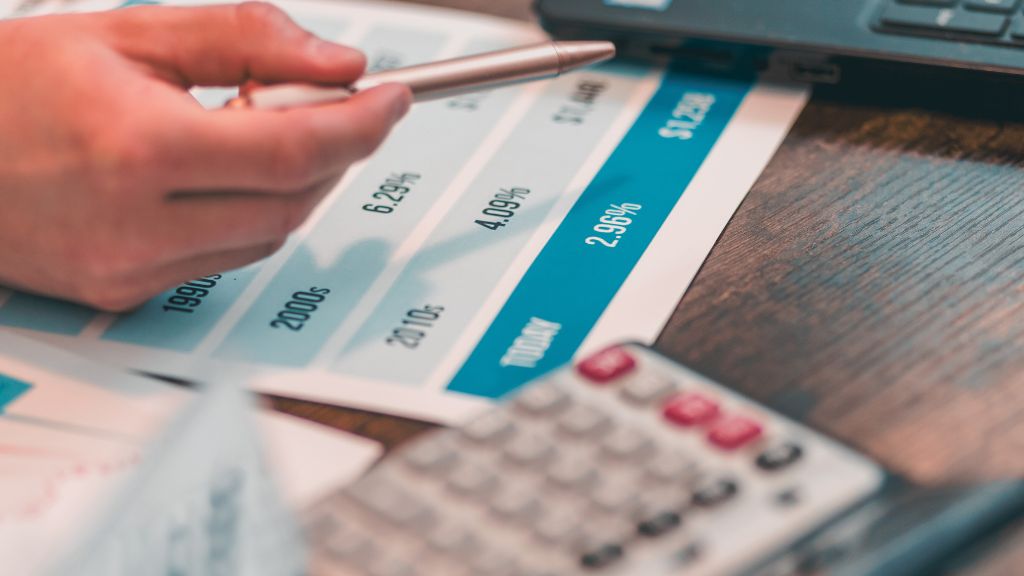When it comes to making payments, understanding the different options available and how they can affect your finances is crucial. Some payment methods can result in additional charges, like interest.
In this blog, we will explain which payment option could have interest charged to you and break down the common payment options that might incur interest, explaining each in simple terms. By the end of this post, you’ll have a clearer understanding of which payment methods to use cautiously to avoid unnecessary costs.
Which Payment Option Could Have Interest Charged to You?
Credit Cards
How They Work: Credit cards are a popular payment option where you borrow money from the card issuer to make purchases. You have a set limit on how much you can borrow, and you must pay back the amount you borrow.
When Interest is Charged: Interest is charged if you do not pay back the full amount you borrowed by the due date. This interest can add up quickly, making the items you purchased more expensive in the long run.
Example: If you buy a $100 item with your credit card and only pay back $50 by the due date, interest will be charged on the remaining $50. The next month, you’ll owe more than $50 due to the interest added.
Also read: Why Primary Education is a Human Right and Why It Should Be Accessible to Everyone
Personal Loans
How They Work: Personal loans are borrowed money from a bank or lender that you agree to pay back over a set period, usually with fixed monthly payments.
When Interest is Charged: Interest is built into the loan from the start. You agree to pay back the loan amount plus the interest charged over the life of the loan.
Example: If you take out a $1,000 loan with a 10% interest rate, you might end up paying back $1,100 over time, depending on the loan terms.
Store Financing
How It Works: Many stores offer financing options for big purchases, like furniture or electronics. They often entice customers with promotions like “no interest for 12 months.”
When Interest is Charged: If you do not pay off the financed amount within the promotional period, interest is charged on the entire purchase amount from the date of purchase. This is called deferred interest.
Example: You buy a $1,200 TV with 12 months no interest. If you haven’t paid off the full $1,200 by the end of those 12 months, interest on the $1,200 is applied retroactively, meaning you could owe a lot more.
Buy Now, Pay Later (BNPL)
How It Works: BNPL services allow you to split your purchase into multiple payments over a few weeks or months. This option is becoming very popular for online shopping.
When Interest is Charged: Some BNPL plans charge interest if you opt for longer repayment periods or if you miss a payment.
Example: You buy $300 worth of clothes using a BNPL service. If you choose to pay it off over six months, interest might be added, increasing your total cost.
Car Loans
How They Work: Car loans are used to finance the purchase of a vehicle. You borrow money from a lender and agree to pay it back over a set term, usually three to seven years.
When Interest is Charged: Interest is included in your monthly payments. The total amount of interest depends on the loan amount, interest rate, and term length.
Example: You finance a $20,000 car with a 5% interest rate over five years. By the end of the term, you will have paid more than $20,000 because of the interest.
Also read: What Are the Common Financial Benefits of Using Your Work’s Group Plan for Insurance?
Mortgages
How They Work: Mortgages are loans specifically for buying a home. They usually have long repayment terms, like 15 to 30 years.
When Interest is Charged: Interest is part of your monthly mortgage payments. The amount of interest you pay can be influenced by the type of mortgage and the interest rate.
Example: You take out a $200,000 mortgage with a 4% interest rate over 30 years. You’ll pay significantly more than $200,000 over the life of the loan due to interest.
Payday Loans
How They Work: Payday loans are short-term loans intended to cover expenses until your next payday. They are usually easy to get but come with high fees and interest rates.
When Interest is Charged: Interest and fees are charged upfront. If you don’t pay back the loan by your next payday, additional fees and interest can quickly accumulate.
Example: You borrow $500 with a $75 fee, meaning you owe $575 on your next payday. If you can’t pay it back, the fees and interest will keep adding up.
Conclusion
Understanding which payment options can incur interest is essential for managing your finances wisely. Credit cards, personal loans, store financing, BNPL services, car loans, mortgages, and payday loans all have the potential to charge interest, which can add up quickly.
By paying in full whenever possible, understanding the terms, budgeting wisely, comparing rates, and using credit sparingly, you can avoid unnecessary interest charges and keep your financial health in check. Making informed decisions about how you pay can save you money and reduce financial stress in the long run.


